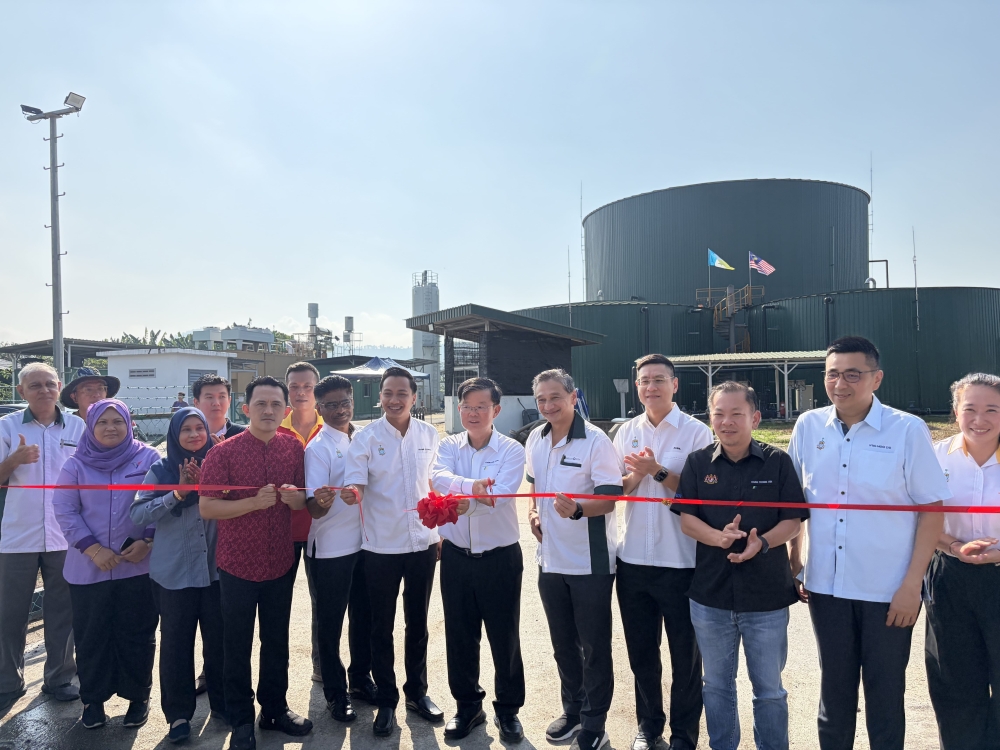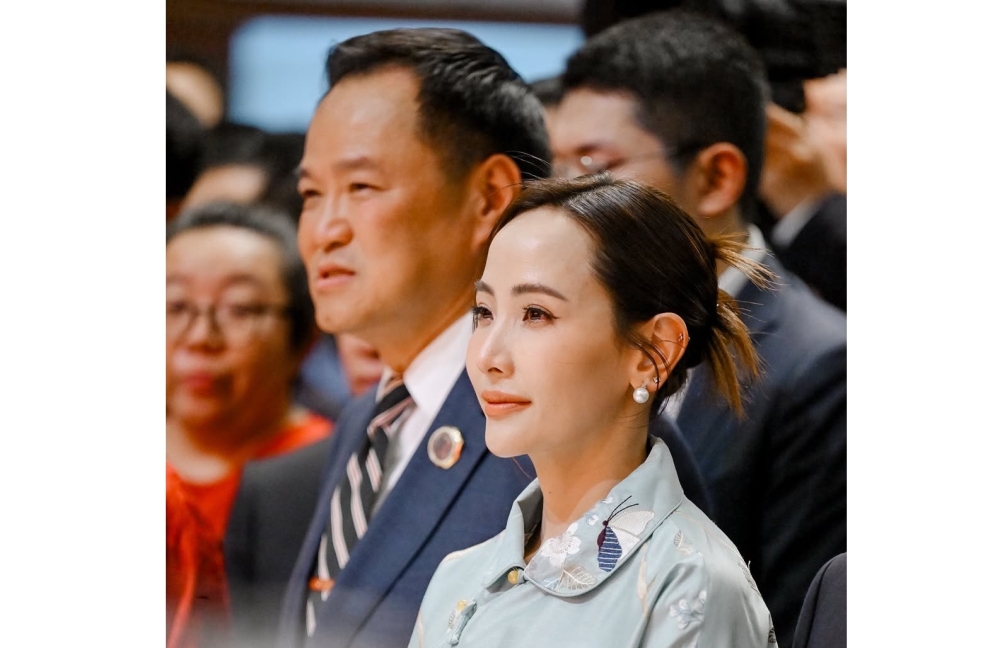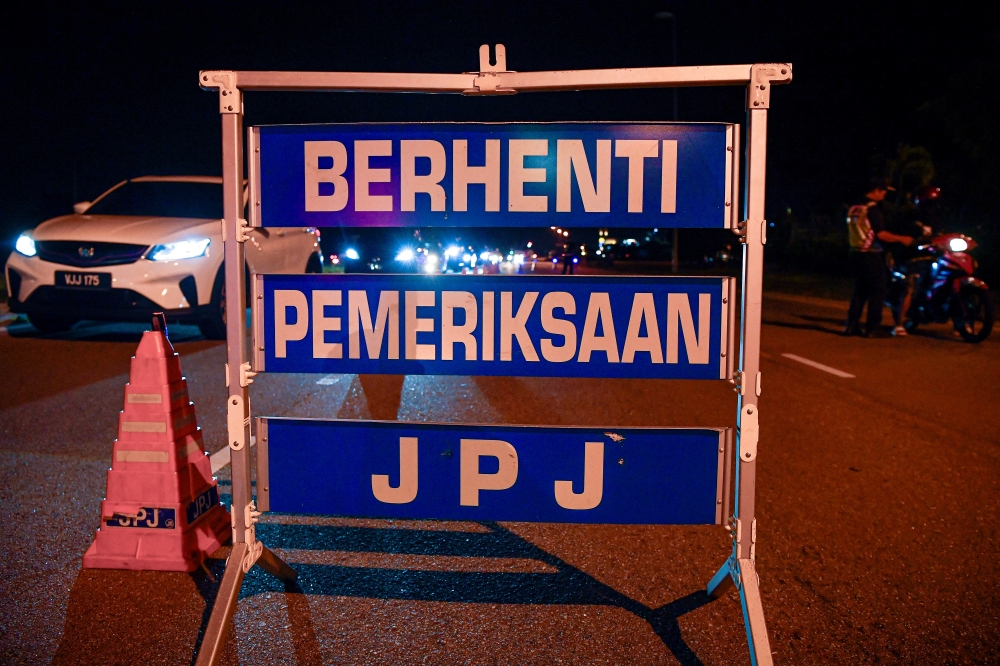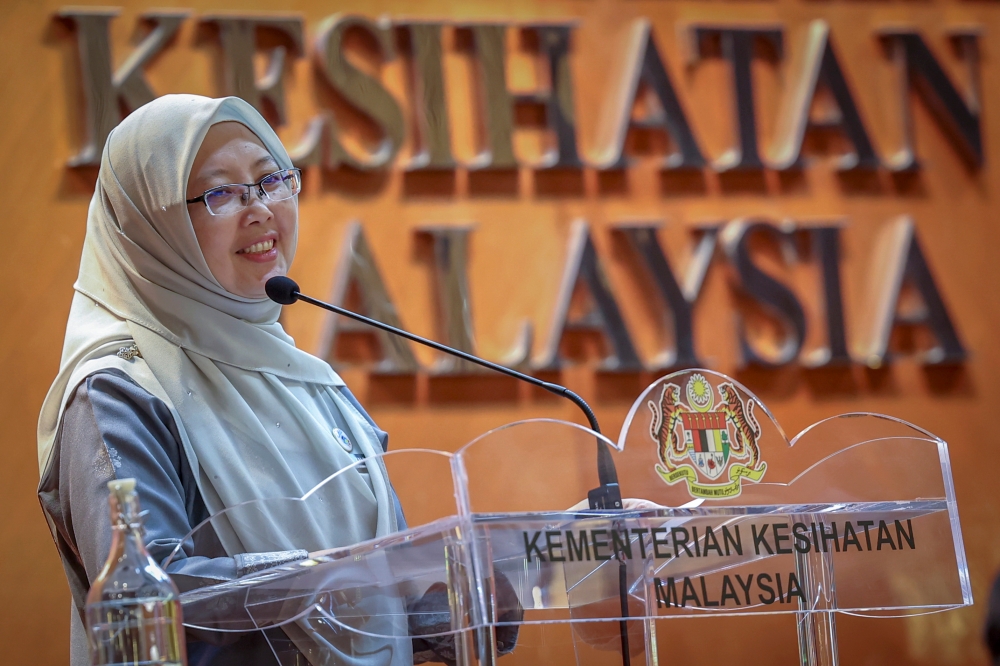KUALA LUMPUR, July 3 — Three civil society groups have sued Health Minister Dr Zaliha Mustafa over her removal of vape liquids and gel from the country's Poisons List, claiming that her action allows such items to be sold openly to anyone — including children — without any control over their nicotine levels.
In the lawsuit, the groups are seeking an order to quash the part in the health minister's March 31, 2023, gazetted order which removed vape liquids and vape gels from the Poisons List, or alternatively a court declaration that that part of the minister's order is void.
In other words, they want to cancel the minister's decision to remove regulation over vape liquids and vape gel and to restore these products as being included in the listing under the Poisons List.
The lawsuit was filed last Friday in the High Court in Kuala Lumpur via a judicial review application by the Malaysian Council for Tobacco Control (via its public officer Muhammad Sha'ani Abdullah), the Malaysian Green Lung Association (via its public officer Ho Rhu Yann), and Voice of the Children Sdn Bhd.
The two respondents named in the lawsuit are the health minister and the Malaysian government.
Among other things, the three groups who filed the lawsuit claim that the health minister's order to exempt vape and e-cigarette products from the Poisons List would allow "electronic cigarettes and vape products with nicotine to be sold openly and legally to anyone, including children and adolescents aged below 18 years, without any form of regulation or control, as there is currently no regulation or legislation regulating electronic cigarettes and vape products with nicotine".
"This was also done despite overwhelming evidence of the dangers posed by electronic smoking devices and vape liquids, and the increased likelihood of vapes leading to nicotine addiction on the part of children," the groups said in their lawsuit.
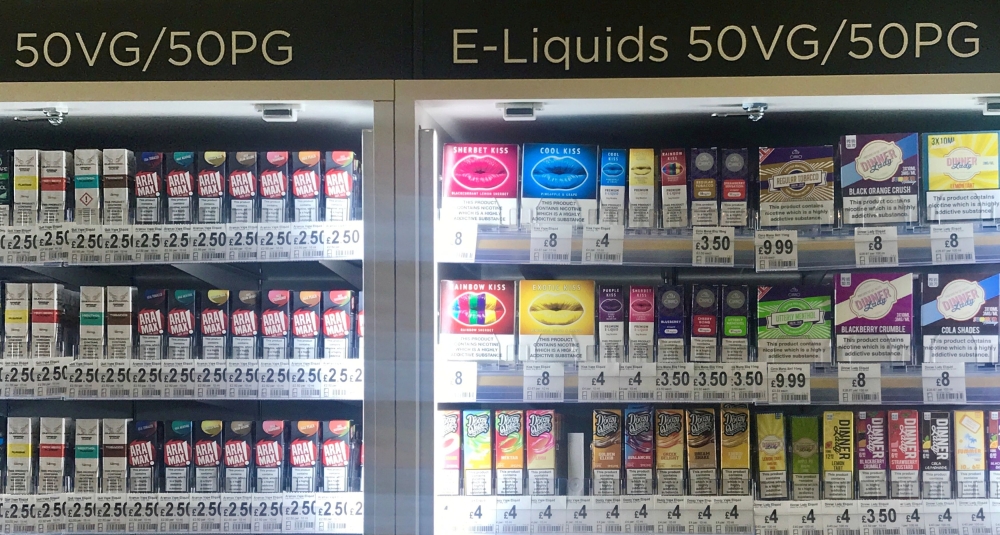
Before the removal of vape liquids and vape gels from the Poisons List, it would have been illegal to sell such products — which were listed as poison — to children except for medical treatment.
In Malaysia, the government regulates the promotion, advertising and selling of tobacco products such as cigarettes under the Food Act 1983 and the Control of Tobacco Products Regulations 2004.
Under the 2004 regulations, the government banned the sale of cigarettes to children or those aged under 18 and also prohibited virtually all forms of tobacco advertising and promotion.
Nicotine — which is found in both tobacco products and also in liquids for e-cigarettes and vapes — is listed as a “poison” under the Poisons Act. Tobacco is exempted from the Poisons List, or in other words is not listed as a “poison”.
Under the Poisons Act’s Section 17, it is a crime to sell or supply poison to children (those aged under 18) except for medical or dental treatment, with such poison including “nicotine” as it is listed in the Poisons List.
In the lawsuit, the civil society groups argued that the liquids with nicotine — which were not made from tobacco but were heated up in e-cigarettes and vapes to be inhaled by users — were included as a poison under the Poisons List via the word “nicotine”.
On March 31, the health minister used her powers under the Poisons Act to amend the Poisons List, by exempting “Preparation of a kind used for smoking through electronic cigarette and electric vaporizing device, in the form of liquid or gel” from the classification of nicotine as a poison.
In other words, the minister had made and gazetted the Poisons (Amendment of Poisons List) Order 2023 to say that the word “nicotine” in the Poisons List does not include liquid or gel that are used in e-cigarettes or vapes.
The three groups argue this means that e-cigarettes and vapes can now be sold freely to children, since they no longer come under the Poisons List or the safeguard under Section 17 which criminalises such sale except for medical reasons.
In the lawsuit, the three groups say nicotine is toxic at 60mg per ml (six per cent concentration), with the typical cigarette stick having 1.0mg of nicotine and an entire pack having 20mg of nicotine.
In countries which regulate vape, such as the US, UK, Indonesia, Australia and New Zealand, the maximum nicotine allowed there for vape products are 20mg per ml (two per cent) to 30 mg per ml (three per cent), and products with five per cent nicotine levels cannot be found there.
But in Malaysia, where there is currently no regulation at all over vape liquids since the removal from the Poisons List, the groups said vape pods or nicotine disposables with 30mg per ml (three per cent) to 50mg per ml (five per cent) can be found here.
More than two months after the exemption of vape liquids from the Poisons List, the health minister on June 12 tabled a Bill in Parliament to regulate and control all smoking products, including e-cigarettes, vape devices, e-cigarette and vape liquids (whether they contain nicotine or not).
The Bill — known as the Control of Smoking Products for Public Health Bill 2023 — is also intended to ban anyone aged below 18 from buying smoking products and to ban anyone from selling smoking products to those aged below 18.
But the Bill has not yet become law, as it has not even been debated or voted on, since it was immediately referred to a parliamentary select committee on health after it was tabled in Parliament.
According to the three groups, the removal of vape liquids from the Poisons List was allegedly to allow the government to impose tax on e-cigarette and vape liquids containing nicotine, noting that the Finance Ministry had from April 1 onwards imposed an excise duty of 40 sen per ml on e-cigarette and vape liquids with nicotine.
In their lawsuit, the three groups argue that the minister’s March 2023 order should be quashed or declared void, claiming that this is because she had allegedly acted illegally, irrationally, with procedural impropriety and disproportionately by allegedly prioritising revenue collection over the protection of public health.
Based on Malay Mail’s checks of the courts’ online system, the court case is scheduled to be heard before High Court judge Datuk Wan Ahmad Farid Wan Salleh on July 26. The three groups are represented by the law firm Kanesalingam & Co.
As this is a lawsuit filed through a judicial review application, the three groups will have to first get the court’s leave or nod for the lawsuit to proceed.









